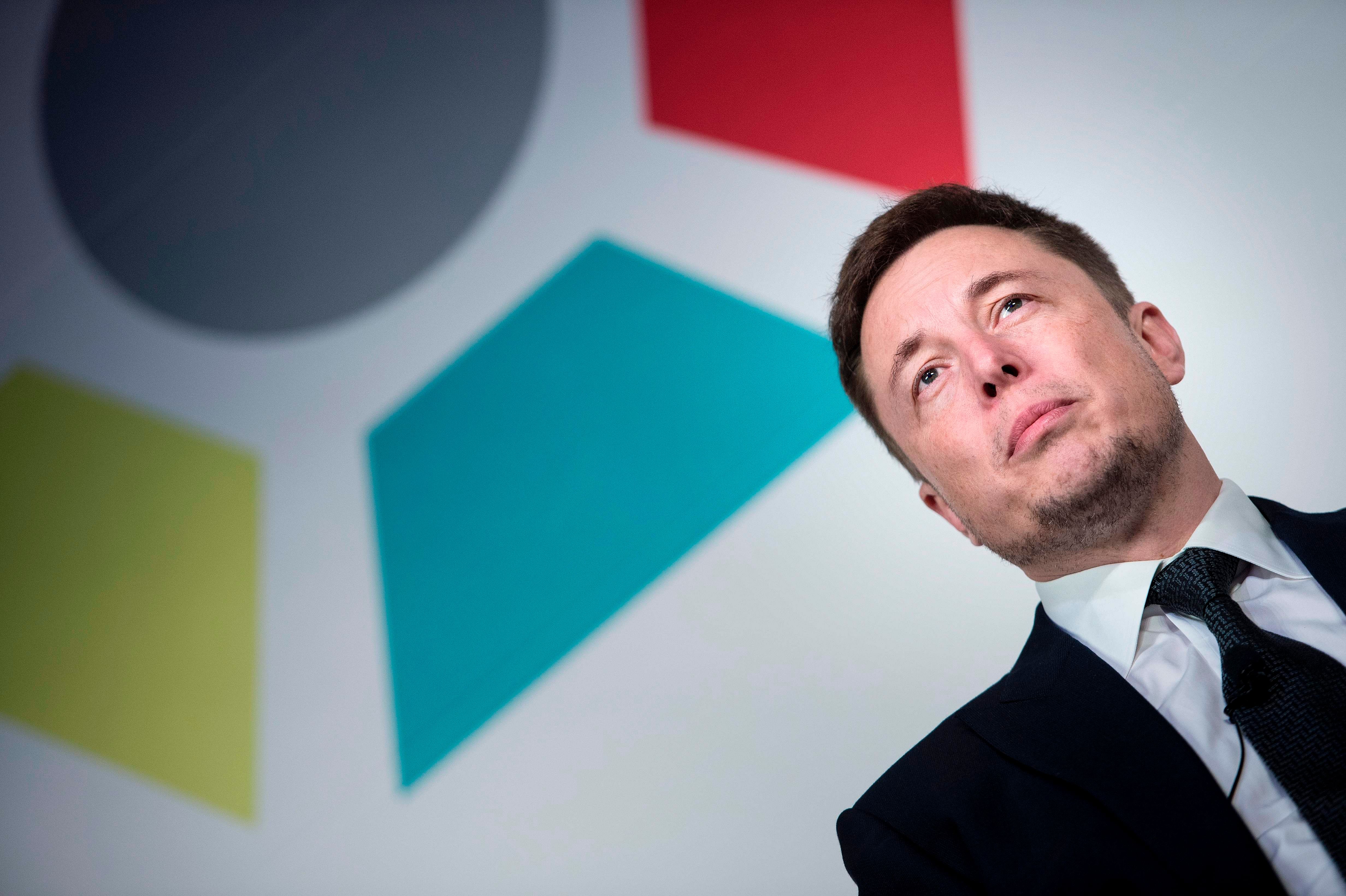Two of my favourite billionaires shared secrets last week. Secrets from normal people are fine, don't get me wrong, but secrets from billionaires are a bit more special, don't you think?
Becoming Warren Buffett is on HBO. It was eagerly watched to find out how he became the world's second richest man. I was crushed to discover that this so-called "documentary" revealed that he got rich by doing endless maths in his head and never splurging on anything frivolous.
This is not the answer to anything, unless my question is, "How do I stay miserable, always?"
The other billionaire is Elon Musk. He makes rockets, electric cars and trains that shoot along vacuum tubes (best keep your window closed if you ever travel in one).
A story came out recently about how his assistant of 12 years asked him for a raise. He smiled in an enigmatic, Muskian way (I am making this part up) and proposed an experiment (this part is true).
To assess her value to him, he would carry on without her for a few weeks. She did what he asked and went away, and returned to find that she no longer had a job, because he coped quite well without her.

So what is the takeaway here?
If your boss has an income that is a multiple of yours equal to the distance of Earth from the Sun, it is not wise to accept if he proposes a bet. If you lose, you lose. If you win, you have just annoyed a man who could buy the bank that holds your home loan.

Still, the Musk story is much better than the Buffett one, because I can so easily apply Mr Musk's principle to my life, compared with always worrying about compound interest and giving away my wealth like Mr Buffett.
The problem is, my current employee headcount is, to give a round figure, zero. But I should not let that stop me applying some WWED (What Would Elon Do?) in my life.
Like Mr Musk, there are people who never stop badgering me for money, draining my finances and stopping me from creating my version of an electric car and space rocket.
Canteen Guy stands next to cash register. Instead of being grateful for serving me, he has the nerve to ask for money. Next time he raises the price, it will be time for a bit of WWED.
"Five-cent increase? How about a challenge, sir? You go away for a week and I will run the canteen and sell the coffee to myself. If I find that I can't do it without charging myself more, I will pay that five cents happily."
It is the same tiresome story with taxi drivers. They ask for the exact amount shown on the meter, when everyone knows that a demand is only a starting point for a negotiation.
Next time, I will smirk Musk-ily, write down a counter-offer on a piece of paper and slide it over.
"This, my good man, is better than money. This is a stake in our future." I lean in confidently and look him in the eye. "Give me this ride and the next three rides free, I will make you a partner in my tech venture."
I haven't worked out what tech venture I might go into, though right now I am leaning towards personal submarines and submersibles. Anyway, these are details. The billionaire mindset can work in any product or environment or form of human interaction.
The WWED principle might be extended to my circle of friends and colleagues, many of whom I suspect are holding me back from achieving my full potential as a tech giant. After all, if world-changing ideas have been sketched on a napkin, doesn't it follow that who you engage with at lunch should be the type who would trigger world-changing ideas, rather than waste one's time in idle chit-chat?
An exhaustive lunch partner search and appraisal process will have to be set up, based on proven Silicon Valley methods. Candidates lucky enough to pass the first screening (Ivy League education helpful but not necessary; I am open to a diverse pool of people who will go to any restaurant I pick without complaint and grab the bill when it arrives) will go on to the second round.
This will involve written and oral tests designed to weed out those who will focus on anyone other than me and my problems. Once that is done, the successful candidates will be placed on a lunch schedule and warned not to make eye contact with me unless I initiate it.
I think I am on to something here. Mr Buffett's method is okay, but his way - remembering the names of people, giving money away, endless reading and learning - is really not a technique at all. The name of it is "hard work".
Mr Musk's way is a lot simpler and quicker. After all, what is the point of being a billionaire if you have to waste time being nice to people?

